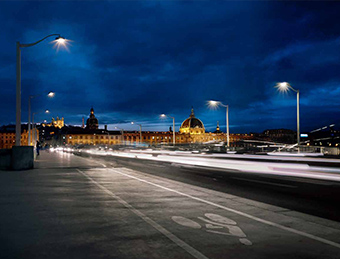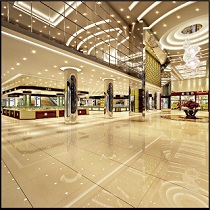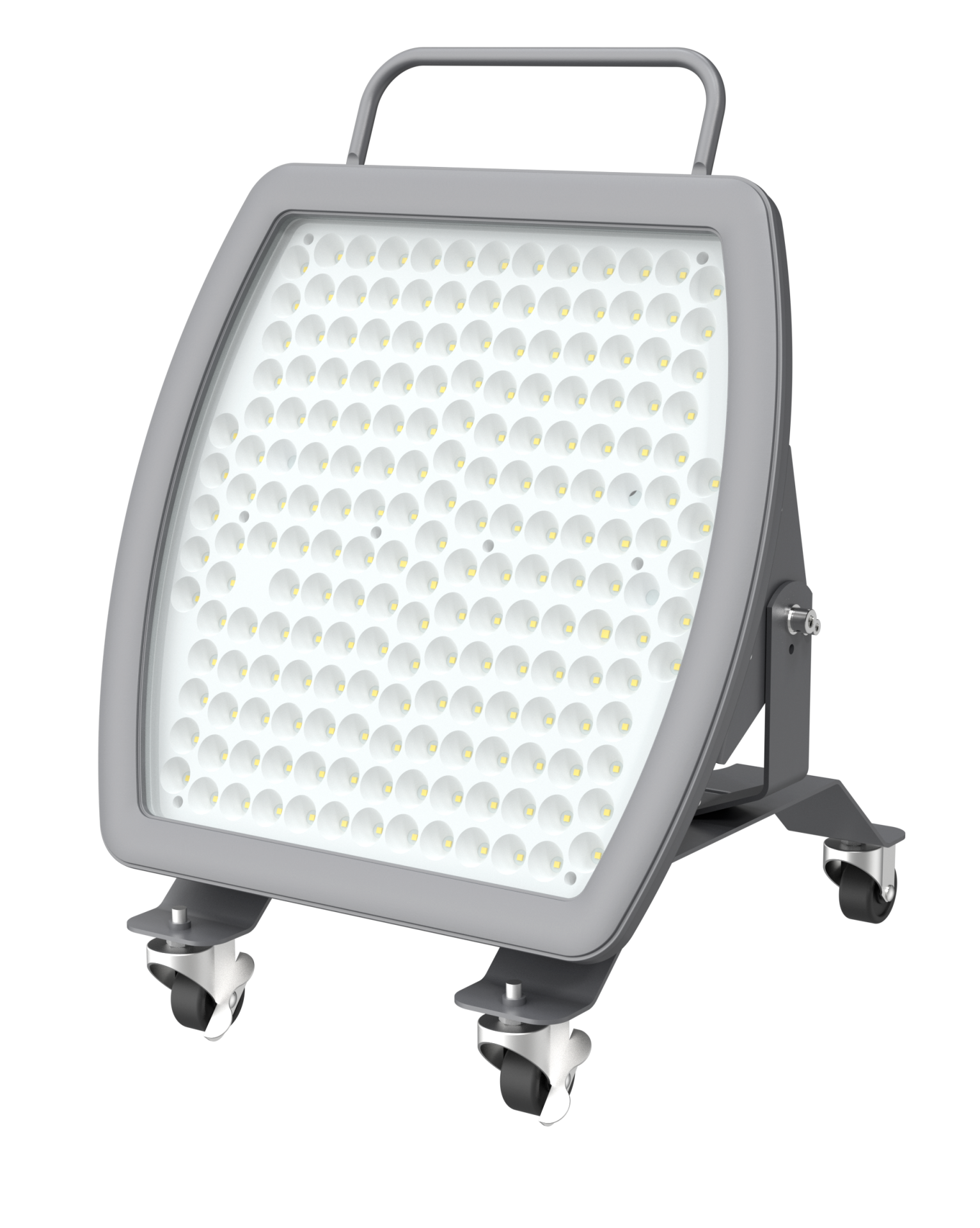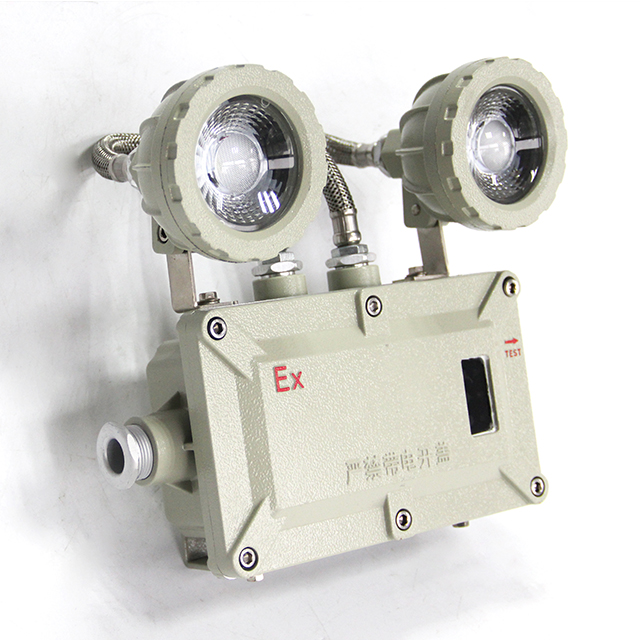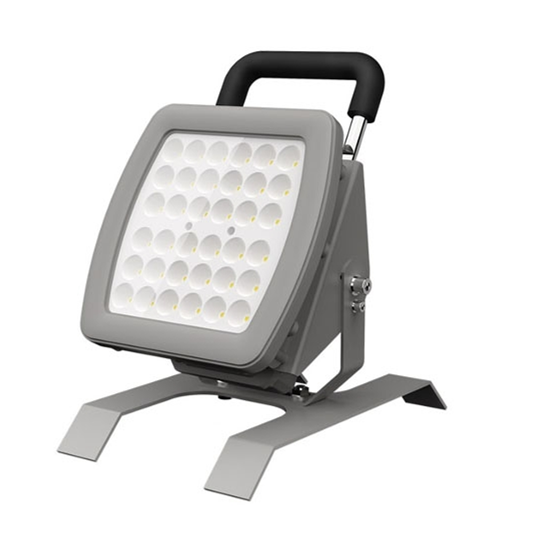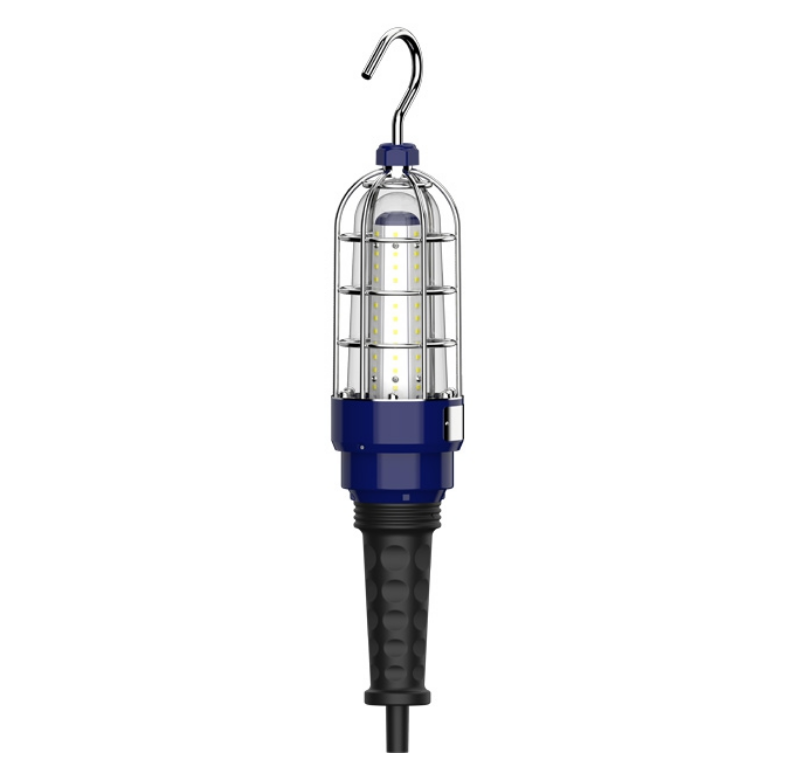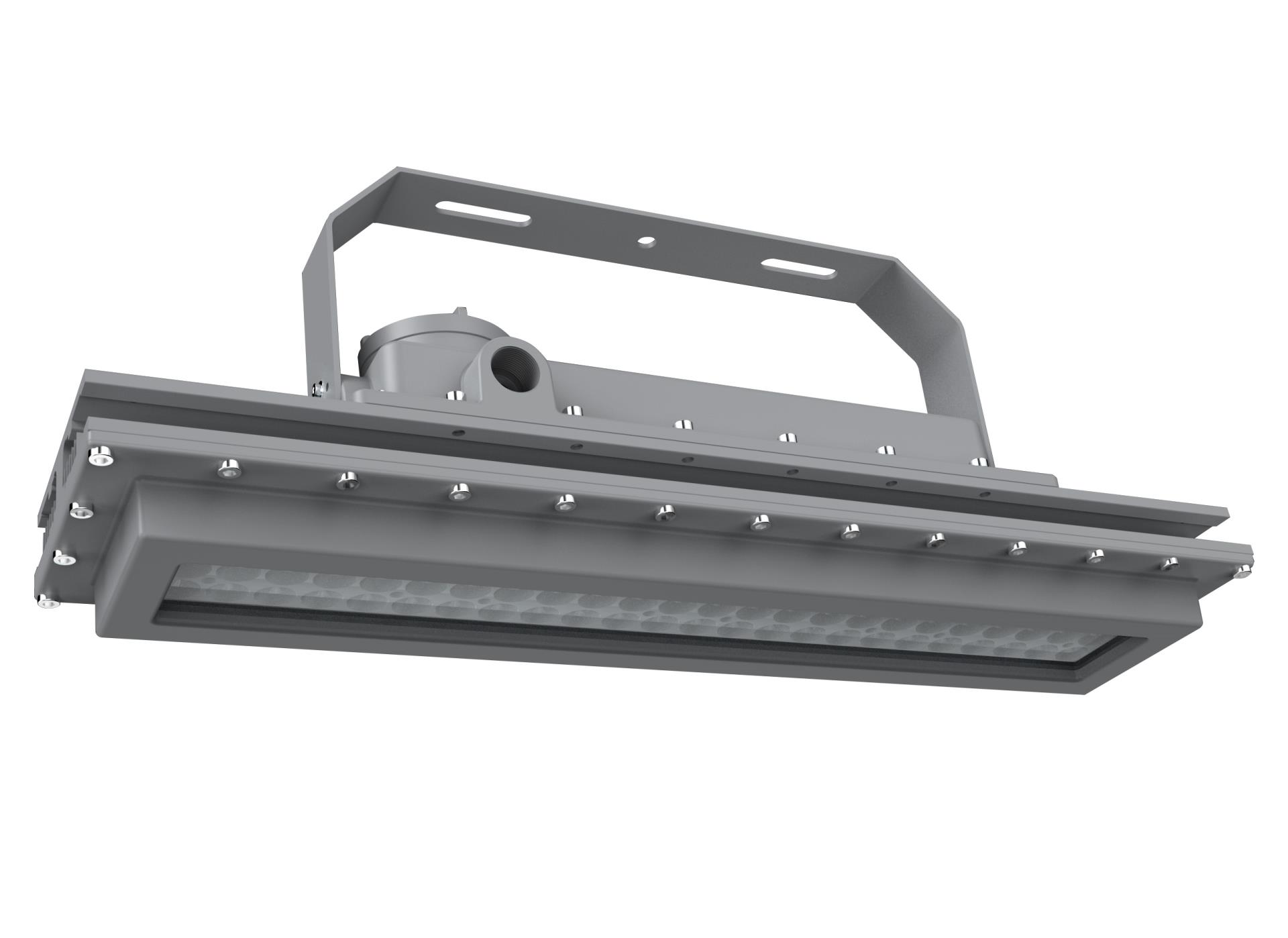Indoor lighting plays a crucial role in providing adequate visibility, enhancing the aesthetics of indoor spaces, creating a comfortable environment, and promoting energy efficiency. In this article, we will explore the significance of indoor lighting and how it can positively impact our daily activities and overall well-being.
1. Providing Adequate Visibility:
Proper indoor lighting ensures that people can perform various tasks safely and comfortably. Whether it's reading, cooking, working, or socializing, well-designed lighting allows individuals to see clearly, reducing eye strain and boosting productivity.
2. Enhancing the Aesthetics of Indoor Spaces:
Indoor lighting goes beyond its functional purposes and can significantly contribute to the overall aesthetics of a room. By strategically illuminating architectural features, artwork, and decor, indoor lighting can highlight their beauty and uniqueness. Different colors and intensities of light can evoke specific emotions, creating a certain mood or atmosphere that complements the space's purpose or theme.
3. Creating a Comfortable and Welcoming Environment:
The right indoor lighting can transform a space into a warm, inviting, and relaxing environment. By carefully selecting lighting fixtures and incorporating various lighting techniques, occupants will feel at ease and at home. Adjusting the color temperature and brightness of the light to mimic natural daylight can also help regulate the body's circadian rhythm, promoting better sleep patterns and overall well-being.
4. Promoting Energy Efficiency:
With indoor lighting accounting for a significant portion of a building's energy consumption, optimizing energy efficiency is crucial. Choosing energy-efficient lighting solutions, such as LED bulbs and fixtures, can lead to substantial cost savings and reduce carbon emissions.
From improving visibility and enhancing aesthetics to creating a comfortable atmosphere and promoting energy efficiency, indoor lighting plays a vital role in our daily lives. By understanding the importance of choosing the right lighting fixtures, maximizing natural light, and implementing energy-saving strategies, we can create well-lit indoor spaces that positively impact our well-being, productivity, and the environment.



